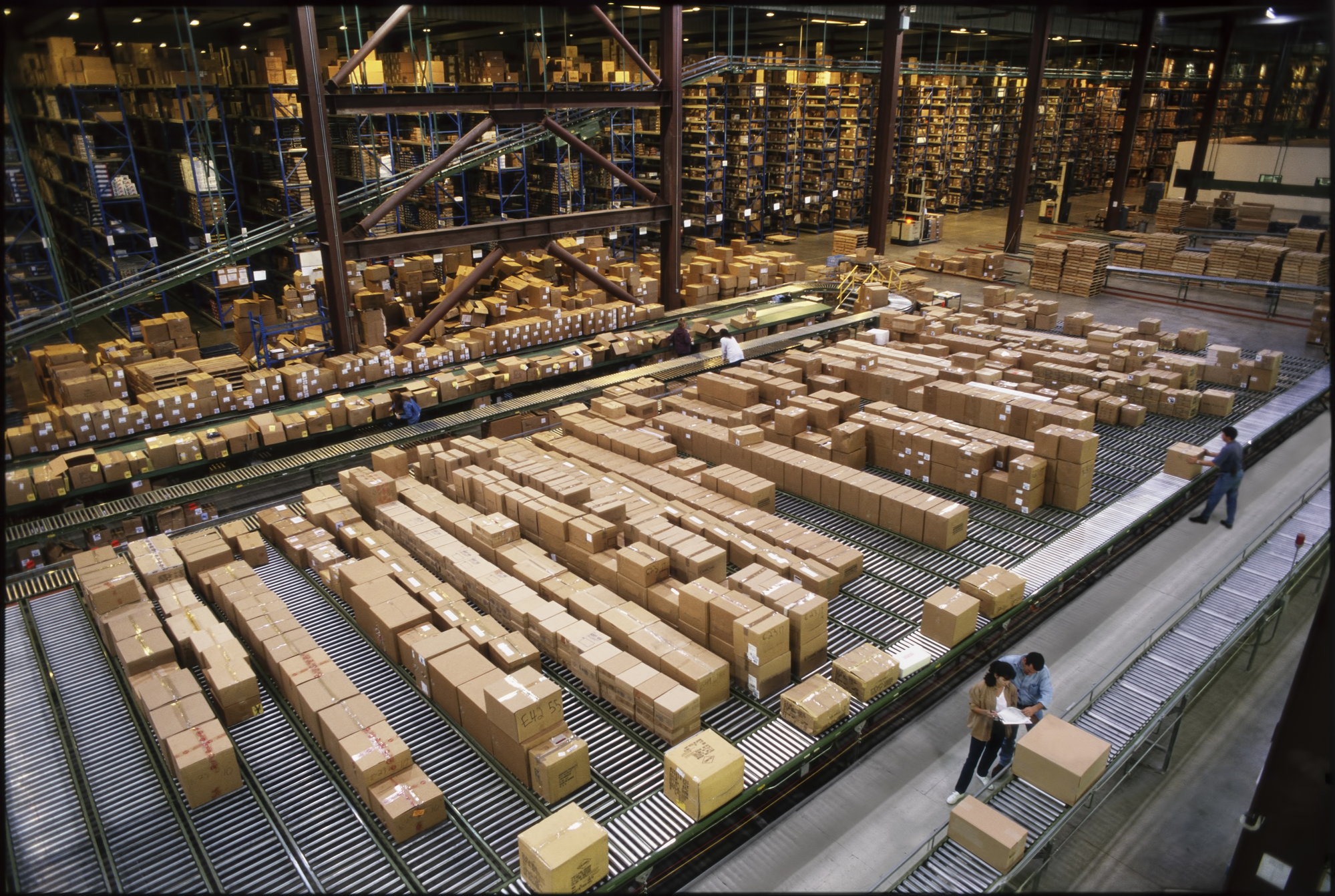In a recent episode of the Talking Supply Chain podcast from Supply Chain Management Review, host Brian Straight spoke with Shabbir Dahod, CEO of TraceLink, about how artificial intelligence is transforming pharmaceutical supply chains. From improving agility to navigating regulatory challenges, Dahod outlined where AI is making an impact and what lies ahead. Here are five key takeaways from their conversation.
1. Full serialization sets the stage for advanced AI
TraceLink recently helped the U.S. pharmaceutical industry reach a major milestone: full end-to-end serialization across the supply chain. Dahod explained that, “Now that the U.S. supply chain is serialized and digitalized for all products, we now have the opportunity to actually leap forward because we’re the only supply chain that has that level of capability.” This digital foundation is essential for enabling more sophisticated AI applications.
2. New tools are driving better visibility and collaboration
To further support AI-driven operations, TraceLink introduced two new products: MINT, which combines product movement data with business transactions to improve planning and recall processes, and POET, which facilitates collaboration on human-to-human processes such as sharing batch records and certificates. These innovations help create the digital ecosystem AI needs to operate effectively.
3. AI agents will take on routine tasks, improving productivity and agility
AI in pharmaceutical supply chains will first focus on automating mundane, rules-based tasks like tracking orders, monitoring suppliers, and managing inventory. Dahod said, “The first major benefit is productivity… The second major benefit is agility,” noting that AI agents will work around the clock, freeing human workers to focus on strategic decisions.
4. Guardrails are essential to ensure safe AI deployment
Given the highly regulated nature of the pharmaceutical industry, TraceLink is building strict controls into its AI tools. “We’re putting lots of guardrails around it,” Dahod said. “Humans will actually make the final decisions.” By constraining AI to specific supply chain tasks and tightly managing its permissions, TraceLink aims to ensure safety and transparency.
5. AI success depends on digital maturity
Despite the progress, many supply chains still rely heavily on PDFs, emails, and other manual processes. “AI is only as effective as to the extent that you are digitalized in your end-to-end supply chain,” Dahod said. Tools like MINT are designed to accelerate that digitalization, enabling real-time information flow and more effective AI-powered collaboration.
To hear the full conversation, listen to the episode of Talking Supply Chain at SCMR.com.




